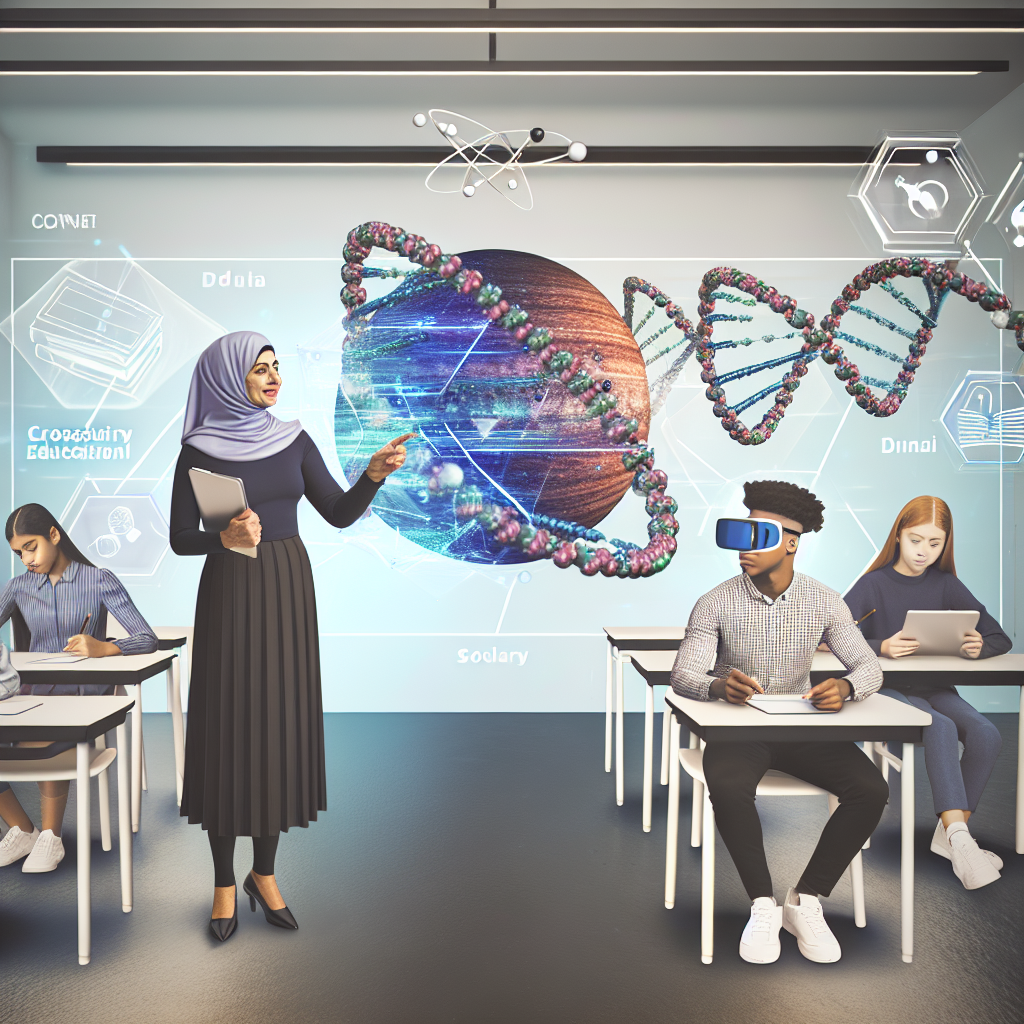As the education landscape evolves continuously, it is imperative to reconsider and, at times, significantly transform conventional teaching methodologies. In this era of the 21st century, educators must use innovative methods that aim to match the complexity of our interconnected globe. This article serves as an introduction to several progressive approaches that are reshaping the current educational landscape:
Inquiry-Based Learning (IBL)
What is it about? IBL shifts the focus from passive learning to active engagement. Rather than simply memorizing facts, students immerse themselves in hands-on projects. Whether tasked with designing sustainable urban spaces, creating digital artwork, or tackling real-world challenges, IBL promotes critical thinking, collaboration, and creativity.
Why is it significant? IBL bridges the gap between theory and application, equipping students for dynamic careers where adaptability and problem-solving skills are paramount.
Practical Applications in Learning
Uncover deeper insights from history! Picture studying historical events not merely as dates and occurrences but as a lens through which to comprehend contemporary global issues. By examining historical context, students cultivate empathy, critical thinking, and a deeper understanding of diverse viewpoints.
Why is it important? Contextual Learning enables students to draw connections between past occurrences and present circumstances, rendering education both relevant and substantial.
Cross-Disciplinary Exploration
How does this approach function? Instead of compartmentalized subjects, cross-disciplinary studies interweave various strands of knowledge. Literature intersects with science, mathematics collaborates with art, and history informs technological advancements. Students gain a holistic view and an appreciation for the interconnected nature of ideas.
“Why does it matter? Cross-disciplinary thinking mirrors the complexities of the real world and readies students to tackle multifaceted challenges.
Digital Fluency
What are the essentials? In the digital era, literacy extends beyond conventional reading and writing skills. Students must master navigating online resources, discerning credible sources, and communicating effectively digitally. From fact-checking to proper digital communication etiquette, digital fluency is indispensable.
Why is it significant? Proficiency in digital literacy ensures students can excel in a society overflowing with information.
Social and Emotional Intelligence and Well-being
Go beyond antiquated notions of intelligence. Education transcends mere cognitive abilities and encompasses emotional intelligence (EQ) and social and cultural understanding. Social and cultural intelligence involves learning to critically reflect on diverse cultural norms, practices, and perspectives. Understanding the connections between self, culture and emotion helps students communicate effectively and collaborate across various backgrounds.
In education, emphasizing social and cultural intelligence alongside academic and emotional intelligence is essential for comprehensive self development. Practices like mindfulness, teamwork, and self-awareness assist students in managing stress, building resilience, and fostering healthy relationships. These skills will help students succeed in school, at work and in their personal lives.
Why is it pertinent? Individuals with these skills are likelier to excel academically and in various spheres of life. They are adept at navigating diverse social environments, collaborating effectively with others, and adapting to evolving circumstances. Understanding and valuing different cultures and perspectives is increasingly crucial in a globally interconnected world.
Furthermore, promoting social and cultural intelligence in education nurtures empathy, tolerance, and inclusivity, contributing to a more harmonious and understanding society. By instilling these skills early on, students are better equipped to engage with the complexities of the modern world and positively contribute to their communities.
Global Perspectives
What lies on the horizon? Our world is intricately interconnected. Exposure to global viewpoints acquaints students with diverse cultures, environmental challenges, and geopolitical issues. Discussions on climate change or international conflicts cultivate informed global citizenship.
Why is it essential? Studying global perspectives can enhance students’ cognitive skills. Specifically, understanding complex challenges develops problem-solving skills, and exposure to diverse viewpoints improves information processing abilities. Global literacy also broadens knowledge about international affairs. Additionally, integrating knowledge from multiple disciplines encourages interdisciplinary thinking. Furthermore, engaging with diverse perspectives hones communication skills. Moreover, studying global topics equips students with essential cognitive skills to navigate an interconnected world and become informed global citizens.
Critical Analysis
Critical thinking entails more than mere logic! It is an active process in which students question assumptions, evaluate evidence, and seek innovative solutions. Whether deconstructing a scientific theory or scrutinizing media biases, critical thinking hones their cognitive faculties.
Why does it matter? In a world inundated with information, the ability to discern is paramount.
Community Engagement through Learning
Why is this imperative? Service learning amalgamates academic learning with community service. Students engage in volunteer work, address local concerns, and gain firsthand experience in social responsibility. Whether assisting in park clean-ups or mentoring peers, service-learning fosters empathy and civic participation. Practically speaking, having these experiences on a resume makes it more likely that students will be hired for a job and be accepted into a university program.
Why is it relevant? Beyond academic achievements, students gain a sense of purpose and contribute positively to their communities.
Cultivating a Lifelong Learning Mindset
What is the guiding principle? Graduation signifies not the end but a milestone. Lifelong learners embrace curiosity, adaptability, and continual growth. Whether pursuing further education, acquiring new skills, or exploring hobbies, the quest for knowledge never ends.
Why does it hold significance? Lifelong learners thrive in a world characterized by rapid change.
In conclusion, contemporary education transcends traditional methods of instruction and utilizes an expanded and interdisciplinary curriculum. It focuses on empowering students to think more broadly and critically. New techniques also teach students to collaborate effectively, helping them evolve into contented, healthy, and flourishing members of society.
#InquiryBasedLearning #CrossDisciplinaryEducation #DigitalFluency #SocialEmotionalIntelligence #GlobalPerspectives #LifelongLearning

